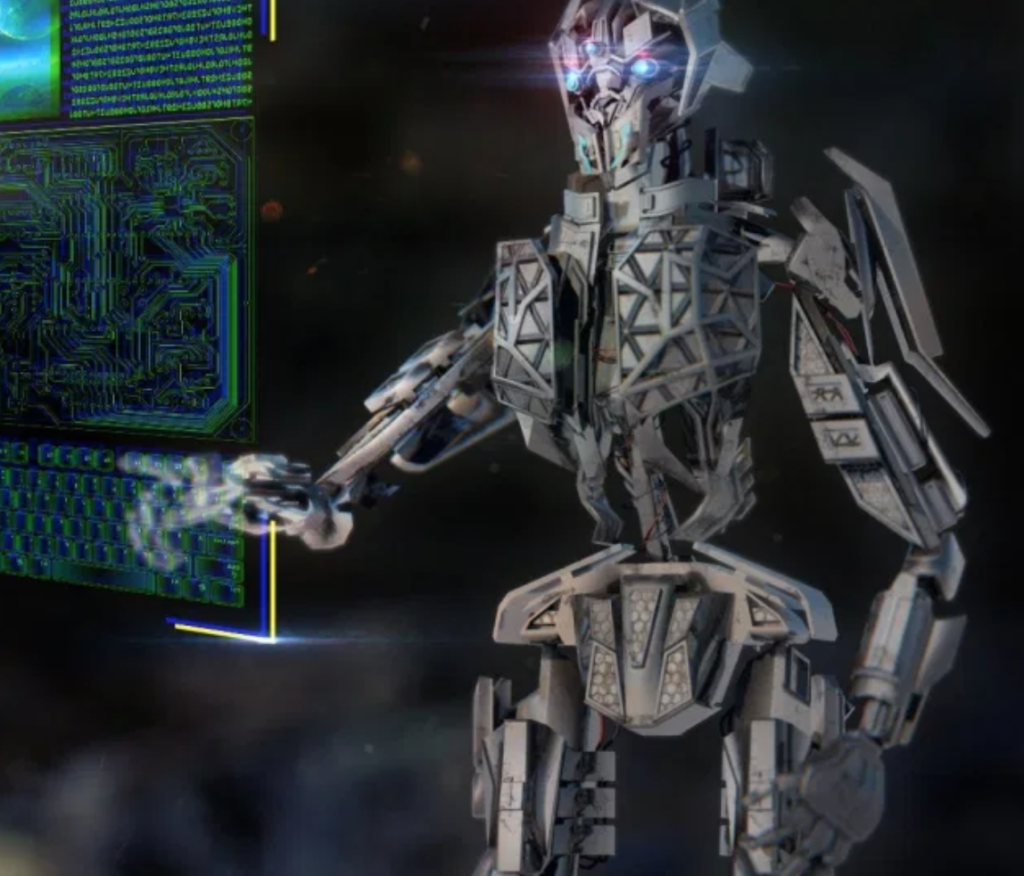To create AGI, we need a new theory of intelligence
This article is part of “the philosophy of artificial intelligence,” a series of posts that explore the ethical, moral, and social implications of AI today and in the future
In a paper that was presented at the Brain-Inspired Cognitive Architectures for Artificial Intelligence (BICA*AI), Sathyanaraya Raghavachary, Associate Professor of Computer Science at the University of Southern California, discusses “considered response,” a theory that can generalize to all forms of intelligent life that have evolved and thrived on our planet.
Titled, “Intelligence—consider this and respond!” the paper sheds light on the possible causes of the troubles that have haunted the AI community for decades and draws important conclusions, including the consideration of embodiment as a prerequisite for AGI.
...Raghavachary proposes in his paper that “intelligence is a biological phenomenon tied to evolutionary adaptation, meant to aid an agent survive and reproduce in its environment by interacting with it appropriately — it is one of considered response.”
The considered response theory is different from traditional definitions of intelligence and AI, which focus on high-level computational processing such as reasoning, planning, goal-seeking, and problem-solving in general.
...
“Brains are always housed in bodies, in exchange for which they help nurture and protect the body in numerous ways (depending on the complexity of the organism),” he writes.
Bodies provide brains with several advantages, including situatedness, sense of self, agency, free will, and more advanced concepts such as theory of mind (the ability to predict other the experience of another agent based on your own) and model-free learning (the ability to experience first and reason later).
...In a nutshell, the considered response theory suggests that suitable pairings of synthetic brains and bodies that directly engage with the world should be considered life-like, and appropriately intelligent, and — depending on the functions enabled in the hardware — possibly conscious.
See the full story here: https://venturebeat.com/2021/08/08/to-create-agi-we-need-a-new-theory-of-intelligence/

Pages
- About Philip Lelyveld
- Mark and Addie Lelyveld Biographies
- Presentations and articles
- Tufts Alumni Bio